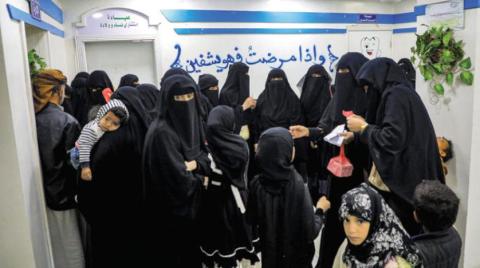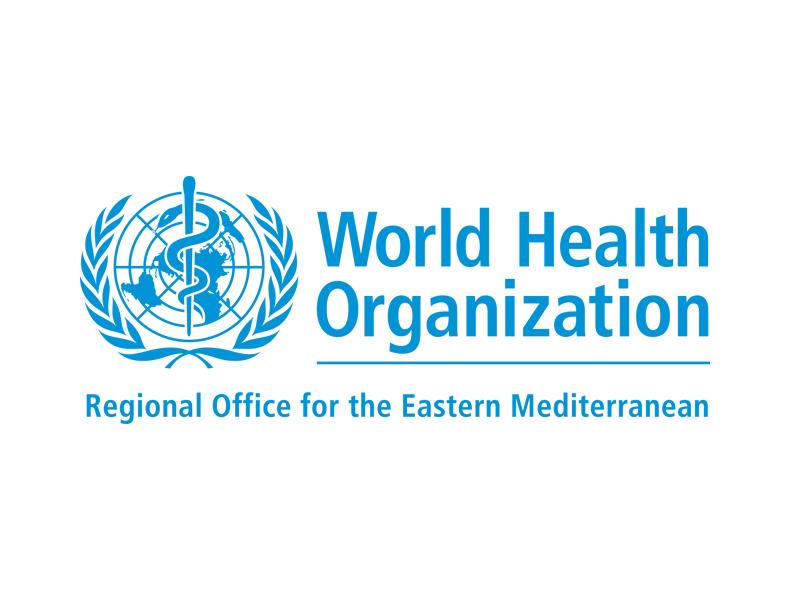
The Houthi militia forced female health workers in Dhamar to attend mobilization and sectarian courses to promote the "identity of their faith."
Medical sources in Dhamar told Asharq Al-Awsat that the Houthi Women's Authority in Dhamar, led by Ashwaq al-Mahdi, has subjected about 30 female employees working in health centers, units and public hospitals to undergo mobilization programs aimed at persuading them to embrace their sectarian ideas.
According to the sources, the Houthi Health Minister, Taha al-Mutawakkel, ordered the leadership of the health office and the Women's Authority in Dhamar to enroll female health staff in sectarian programs.
According to the sources, the courses fall within the militias' expansion of their sectarian activities during Ramadan and their efforts to sectarianize the remaining social groups.
Health workers in Dhamar who participated in the Houthi program told Asharq Al-Awsat that the militias oblige them to attend courses that do not address health problems and issues in light of the deteriorating services in the governorate.
Huda, a health worker's pseudonym, stated that she expected the moment she was called to participate in a "training and awareness program" that she would receive training on matters that would serve people in medicine and health.
However, she and others were surprised that the program included lectures and speeches of a militia leader, inciting violence and sectarianism.
A health source in Dhamar told Asharq Al-Awsat that the group aims to complete the coup moves to change the entire Yemeni society, including health and medical personnel, and imbue it with sectarian ideas.
The group has previously forced public health sector employees in Sanaa and other cities under its control to participate in sectarian courses.
In addition, the Houthi militia organized special courses over 20 days for members of the Pharmacists Syndicate and pharmacy owners in Sanaa.
According to local reports, they were mandatory for renewing the pharmacies' licenses and practicing that profession.
Last Ramadan, the coup group subjected directors of health offices and hospitals, doctors, nurses, administrators, and technicians in Sanaa and other provinces and districts to sectarian courses called "Ramadan evenings."
At the time, a health source in Sanaa told Asharq Al-Awsat that the sectarian meetings organized by the militias targeted about 14 health office directors, 90 hospital directors, nine heads of agencies, 30 doctors, 55 nurses, 80 administrators and technicians, 220 directors, and about 300 employees.
The putschists' tendency to sectarianize the sectors of the state comes at a time when Yemen is suffering from the worst humanitarian and health crisis in the world due to the coup, according to international reports.
In a series of reports, the UN indicates a complete collapse of the health sector in Yemen after several health facilities closed down, which caused the spread of diseases and epidemics in the country.
According to reports, a small part of the health facilities in the country is currently operating at full capacity.
Other reports indicate that about 22 million Yemenis, or more than two-thirds of the population, need urgent humanitarian aid, many of whom are on the brink of famine and face several diseases and epidemics.








